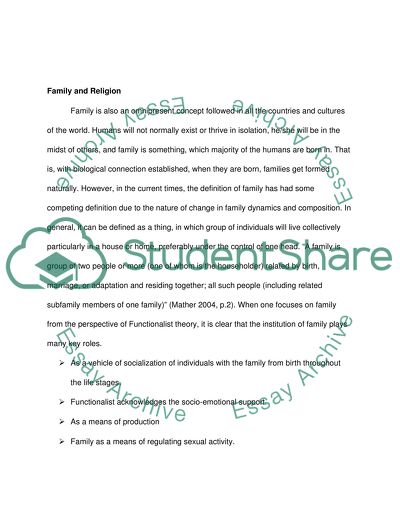Cite this document
(“Globalisation and Challenges of the Muslim Religion on Its Influence Essay”, n.d.)
Retrieved from https://studentshare.org/social-science/1422229-globalisation-and-challenges-of-the-muslim-religion-on-its-influence-to-the-family-and-its-function-in-the-middle-east
Retrieved from https://studentshare.org/social-science/1422229-globalisation-and-challenges-of-the-muslim-religion-on-its-influence-to-the-family-and-its-function-in-the-middle-east
(Globalisation and Challenges of the Muslim Religion on Its Influence Essay)
https://studentshare.org/social-science/1422229-globalisation-and-challenges-of-the-muslim-religion-on-its-influence-to-the-family-and-its-function-in-the-middle-east.
https://studentshare.org/social-science/1422229-globalisation-and-challenges-of-the-muslim-religion-on-its-influence-to-the-family-and-its-function-in-the-middle-east.
“Globalisation and Challenges of the Muslim Religion on Its Influence Essay”, n.d. https://studentshare.org/social-science/1422229-globalisation-and-challenges-of-the-muslim-religion-on-its-influence-to-the-family-and-its-function-in-the-middle-east.


